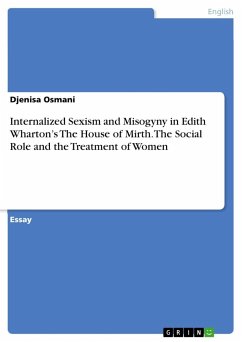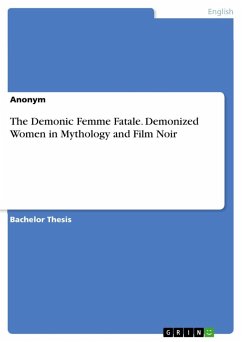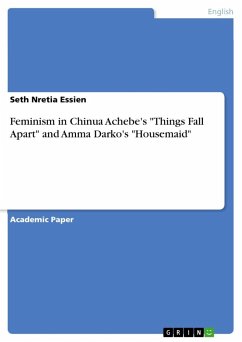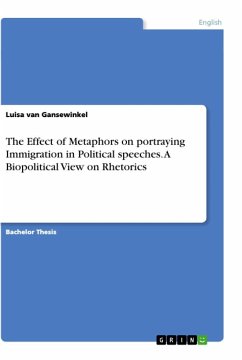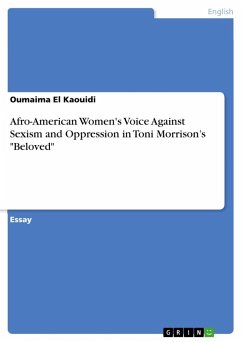Bachelor Thesis from the year 2022 in the subject English Language and Literature Studies - Literature, grade: 1,0, University of Göttingen (English Department - Feminism in Dystopian Novels), course: English Philology, language: English, abstract: In Gilead, women are robbed of their former lives and roughly divided into hierarchical groups of Aunts, Wives, Handmaids, and Marthas. Being a victim to such inherent misogyny in a patriarchal culture, the women are left with nothing other than the feeling of being objectified and silenced. However, the women also become victims of one another and the line between victim and perpetrator starts to blur. This thesis aims at exploring women as oppressed victims and the perpetrating force of oppression at the same time. Furthermore, it will analyze the Panoptic surveillance system in order to explain the internalized sexism. Unlike most literary critics who have only considered The Handmaid's Tale in their critique, the present thesis also includes Atwood's latest novel The Testaments. This thesis introduces power, authority, and Panopticism (Foucault, Gramsci) as a concept to understand the root of the political structures in Gilead. With the concept of panoptic power, the chapter of women as victims is properly introduced in order to analyze the various ways in which women are subjugated and controlled everywhere they go. For the chapter on women as victims, this paper will consider sociological and historical aspects of misogyny and sexism, feminist literature, and linguistic phenomena that can be linked to power (or a lack thereof) to analyze women¿s situation from a victim¿s perspective. Furthermore, it is sectioned into three instances of institutionalized, interpersonal and internalized sexism. In contrast to that, the next chapter evaluates how women in Gilead are the active perpetrators who watch, discipline and subjugate other women. As internalized sexism is a key theme with women actively competing and mistreating each other, the background of that will be explored with feminist and sociological theories.



